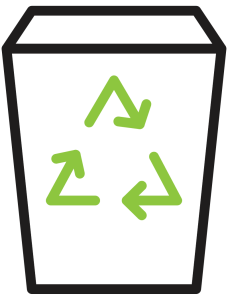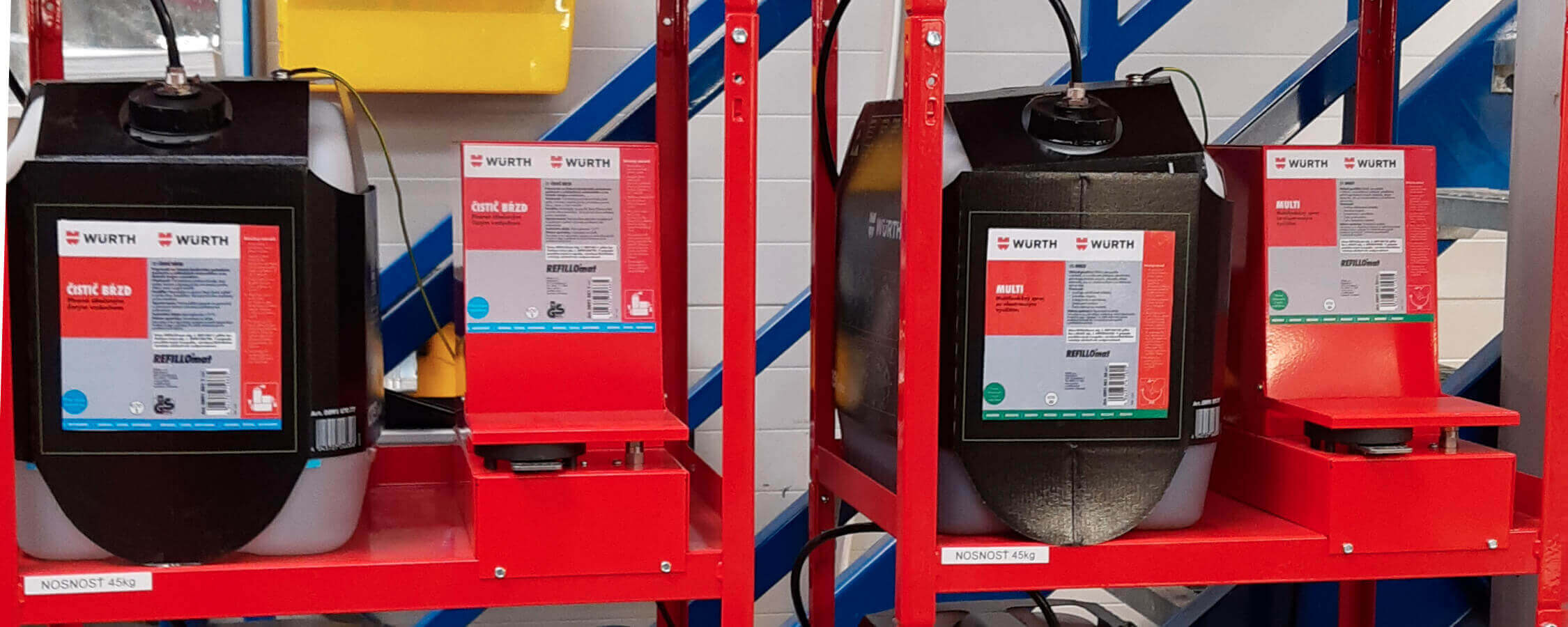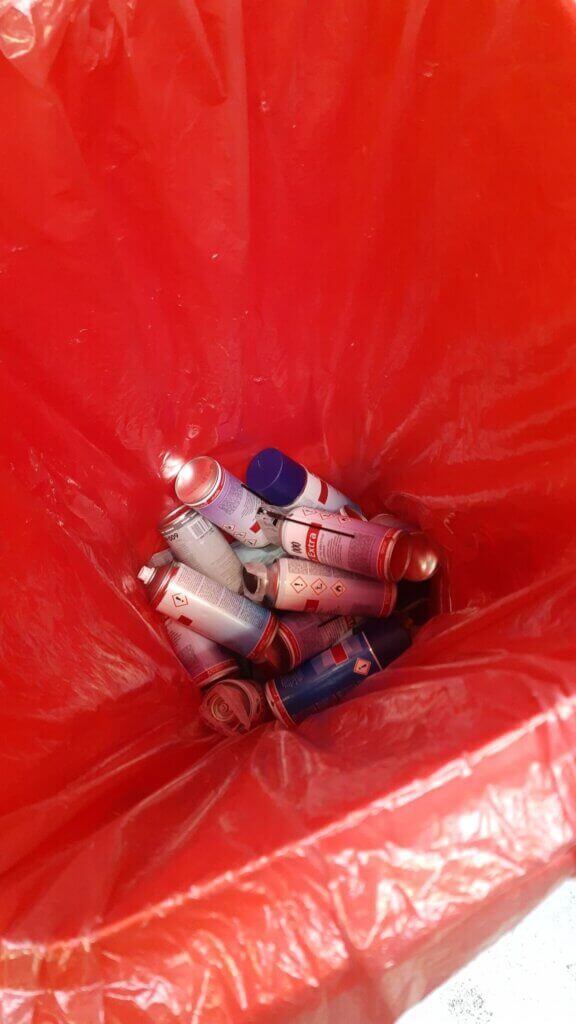Current Situation:
Excessive production of hazardous waste
A manufacturing plant in the automotive industry, known for its strong environmental commitment, faced a challenge of excessive waste production from empty pressure vessels (aerosol cans). These aerosol packaging wastes were categorized under type 15 01 11 and were generated during the company's routine operations.
Project Objectives:
Minimize the amount of landfill-bound waste
The disposal of waste from pressurized containers has historically been done through landfilling, as viable waste treatment methods were not available then and are still limited today. The flammable propellant and high pressure within the containers can lead to explosions under heat or mechanical damage, posing serious risks to health and property. This practice directly conflicted with the company's commitment to minimizing landfill waste volumes.
Approach and Solution:
Analysis and Solution Proposal
To address this challenge, we analyzed available market options and solutions in line with current legislation and industry best practices. Subsequently, we recommended a method to prevent waste generation from pressure vessels.
The REFILLO® filling system from Würth, available in the market, allows for the repeated refilling of containers with commonly used products. The system operates through manual or automatic refilling of aerosol doses with selected effective ingredients and compressed air. From a single 20-liter drum, it's possible to fill up to 500 reusable doses.
Project Benefits:
Reuse of aerosol containers
This efficient solution enables the reuse of pressure vessels, significantly reducing the waste that would otherwise be generated by using disposable containers. It also eliminates the release of significant amounts of propellants containing freons used in spray products. Additionally, there are notable financial savings from reducing purchases of single-use packaging and minimizing waste destined for further disposal.
By implementing the project to reduce aerosol packaging waste, the company achieved its goal of minimizing landfill-bound waste production.


























